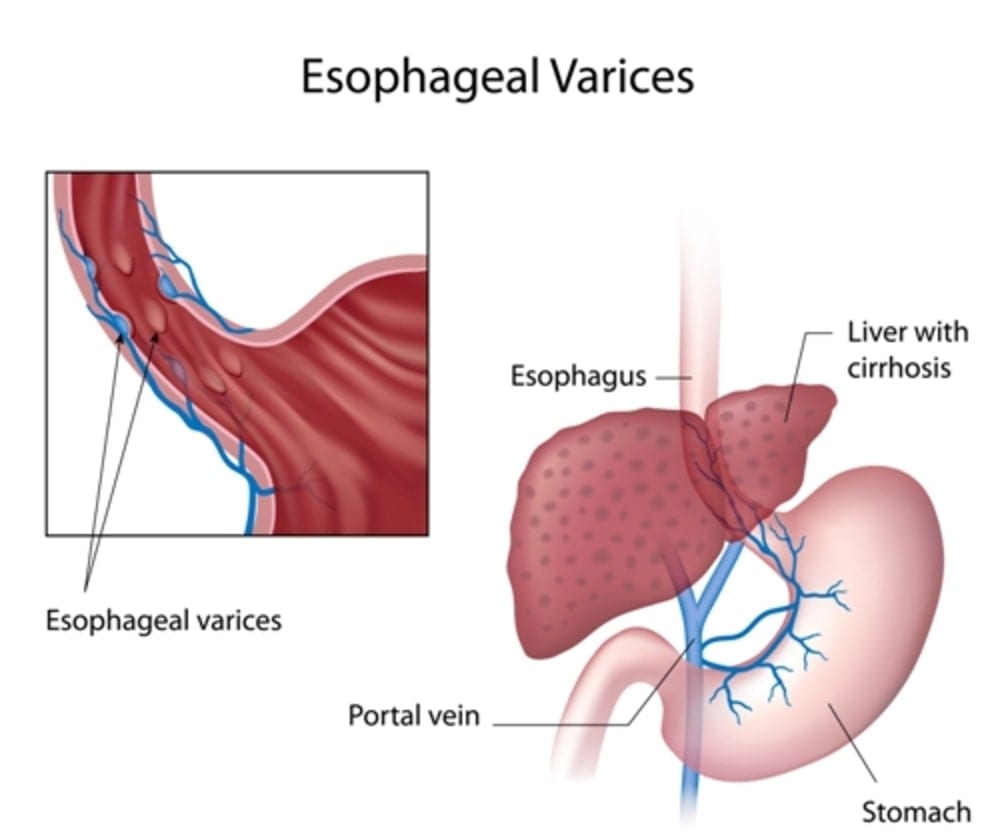GI Bleeding
Understanding Gastrointestinal Bleeding
Gastrointestinal (GI) bleeding is a symptom of moderate to severe diseases of the gastrointestinal tract. Blood can be found either in the stool or in vomit, however sometimes it is not visible to the naked eye. Depending on your symptoms, you may need to have special tests done to identify the cause and location of the bleeding. If you suspect that you are experiencing GI bleeding, call your doctor right away. GI bleeding can become life-threatening if it is not aptly treated.
Symptoms of GI Bleeding
Bleeding that occurs in the digestive tract is sometimes obvious, though this is not always the case. Occult bleeding refers to internal bleeding that is not immediately apparent. If you have overt (meaning obvious) bleeding, you may experience a variety of symptoms depending on the location of the bleeding:
- Blood in the vomit which can range in color from red to dark brown
- Black, tar-like stools, which are the result of blood that has been partially digested
- Rectal bleeding, which causes bright red blood in or with the stool
These symptoms should be treated as an indication of a more serious case of bleeding, for which you should seek immediate medical care. If you are suffering from internal GI tract bleeding, however do not notice the above symptoms, you are experiencing occult bleeding. Symptoms of this include:
- Feeling faint or lightheaded
- Difficulty breathing
- Chest or abdominal pain
Occult bleeding usually is not as serious as overt bleeding, and can be handled by your physician in a timely manner.
Warning:
Sudden, severe internal bleeding may cause you to go into shock. Call 911 immediately if you have sudden onset of symptoms such as:
- Rapid heart rate
- Extreme faintness or dizziness
- Unconsciousness
- Drop in blood pressure
- Not urinating, or urinating frequently in small amounts
- Severe pain in the chest or abdomen
Causes of GI Bleeding
Bleeding of the digestive tract has many possible causes, as it can occur anywhere from your esophagus to your rectum. Bleeding of the upper digestive tract (esophagus, stomach, and upper small intestine) can be caused by:
- Peptic ulcers. One of the most prevalent causes of GI bleeding, these ulcers form in your stomach as a result of the inner lining being damaged by excess stomach acid, bacteria, or overuse of anti-inflammatory drugs.
- A generally inflamed esophagus can sometimes bleed. It is commonly caused by GERD, a disease that causes excessive heartburn and can cause stomach acid to erode the esophagus.
- Esophageal varices. These are abnormally enlarged veins in the esophagus, and usually occur in patients who suffer from serious liver disease.
- Tears in the esophagus. These tears are commonly referred to as Mallory-Weiss tears, and can result in a lot of bleeding. Alcohol abuse is a significant risk factor for suffering from Mallory-Weiss tears.
Causes of GI Bleeding
Bleeding of the lower GI tract, which includes the lower part of the small intestine, as well as the colon, rectum, and anus, is usually caused by the following conditions:
- Inflammatory bowel disease.This term can include diseases like ulcerative colitis, which causes inflammation and sores in the colon and rectum, and Crohn’s disease, which refers to chronic inflammation of the lining of the digestive tract.
- Both benign and malignant tumors in the GI tract can cause the internal lining to weaken, and result in bleeding.
- These swollen veins in your rectum or anus can rupture and result in bleeding.
- This refers to when small, bulging pouches in the GI tract (caused by a disease called diverticulosis) become inflamed or infected.
- Anal fissures are small tears in the lining of the anus.
Talk to your doctor about your symptoms to determine the most likely cause of your bleeding. Depending on your diagnosis, they may recommend solutions like medications, bland food diets, and in more severe cases, surgery.
Gastrointestinal Surgeon Dr. Chanu Dasari
Dr. Dasari is committed to providing the best care to all of his patients. He is an affiliate of Henderson Hospital, providing the best inpatient and outpatient surgical care closest to his patients. If you would like to have your possible symptoms of GI bleeding evaluated by Dr. Dasari, contact his clinic, Minimally Invasive Surgery, at (702) 602-6600 to schedule a consultation.










